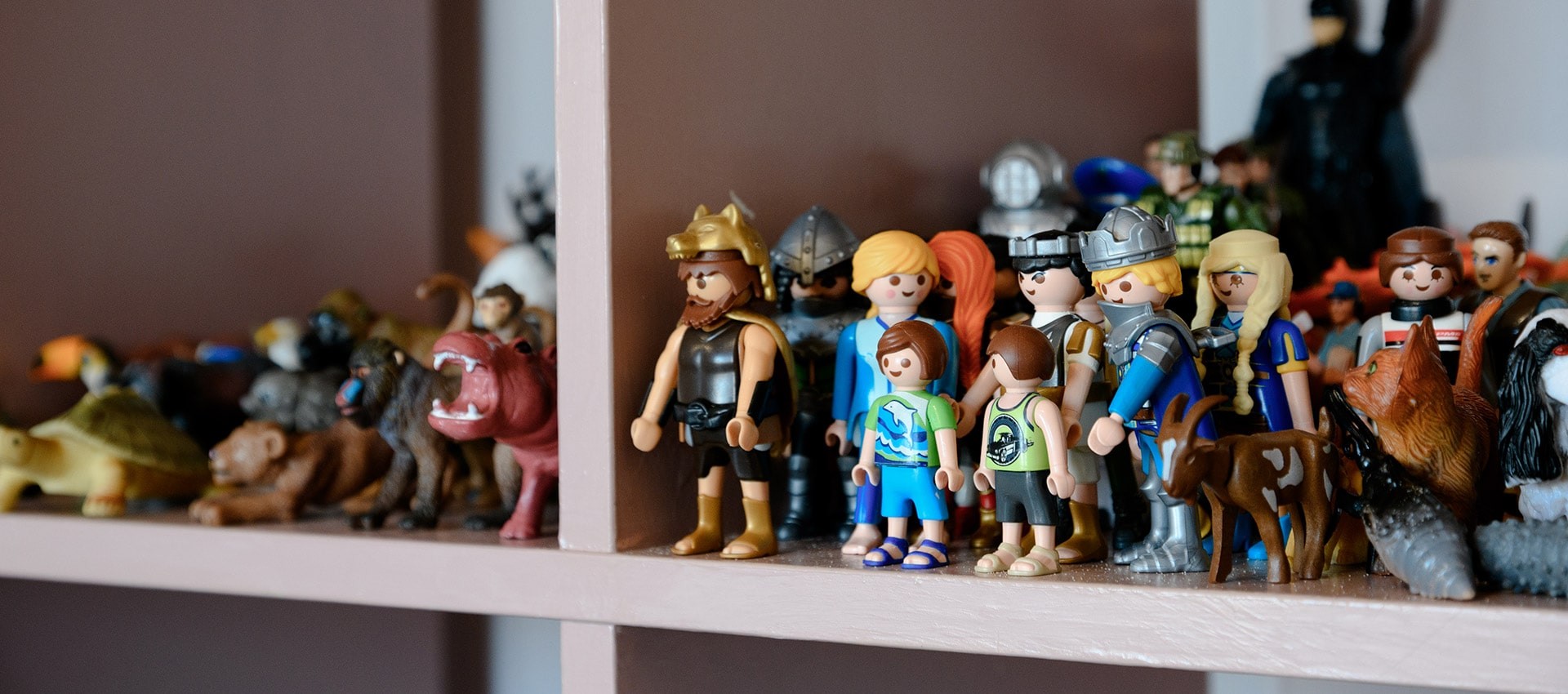
Play therapy
Play therapy is a specialized form of psychotherapy where play is considered the primary means of expressing a child's feelings and thoughts.
Through play, the child can express the feelings, concerns and experiences he experiences in the family and school environment in a way that is natural and familiar to him.
The psychologist creates a safe, non-directive and non-judgmental environment where the child feels comfortable and has no difficulty speaking and expressing himself through play.
Play therapy includes:
- Free play: In play therapy sessions, the child has the opportunity to play with various materials, such as toys, figures, dolls, puzzles, building blocks, painting, paints, sand, clay, etc. The therapist observes and interacts with the child during of the game.
- Symbolic play: Through play, the child can represent situations, relationships and emotions that concern him. This allows the therapist to better understand the child's experiences and challenges.
- Processing emotions: The therapist can help the child process emotions such as stress, sadness, anger, joy, sadness, relationships with other children or adults, changes in the family (such as divorce or loss), and more .
- Skill development: Through play, the child can develop social, emotional and cognitive skills, as well as problem-solving strategies.
The play therapy sessions are especially fun for the child, while at the same time they offer important psychological support and help them face any difficulties they have and move into adolescence with more confidence and maturity.